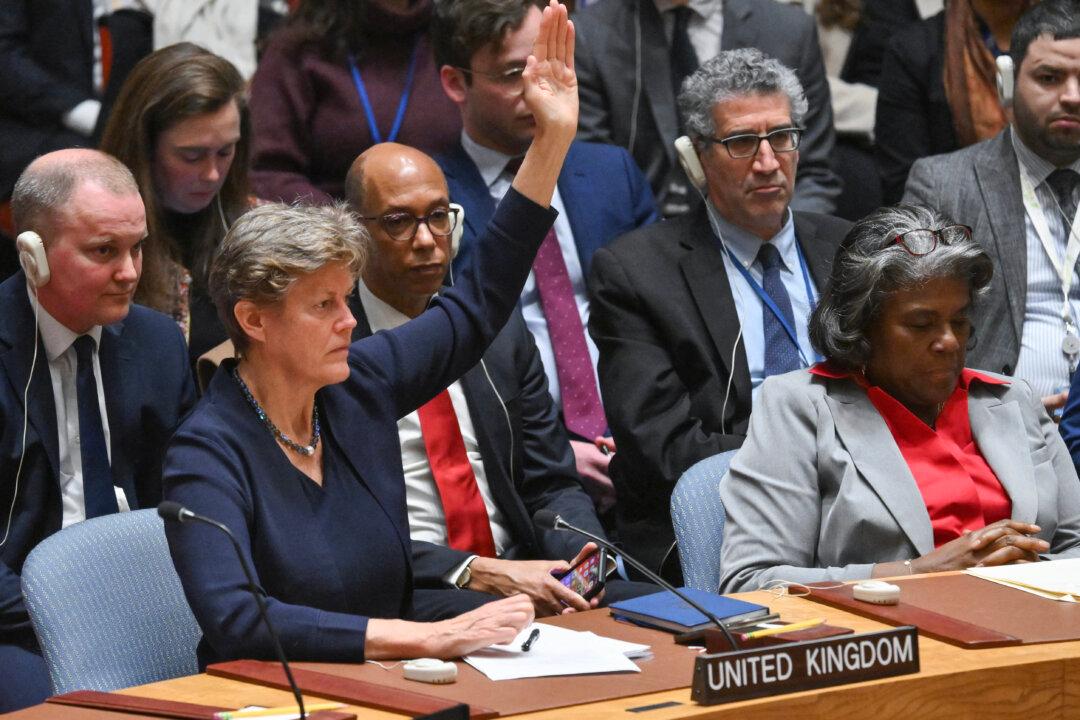The United Kingdom has backed a UN resolution that demanded for an immediate ceasefire in Gaza for the month of Ramadan.
The is the first time United Nations Security Council (UNSC) called for a halt to the Israel–Hamas war.

The United Kingdom has backed a UN resolution that demanded for an immediate ceasefire in Gaza for the month of Ramadan.
The is the first time United Nations Security Council (UNSC) called for a halt to the Israel–Hamas war.